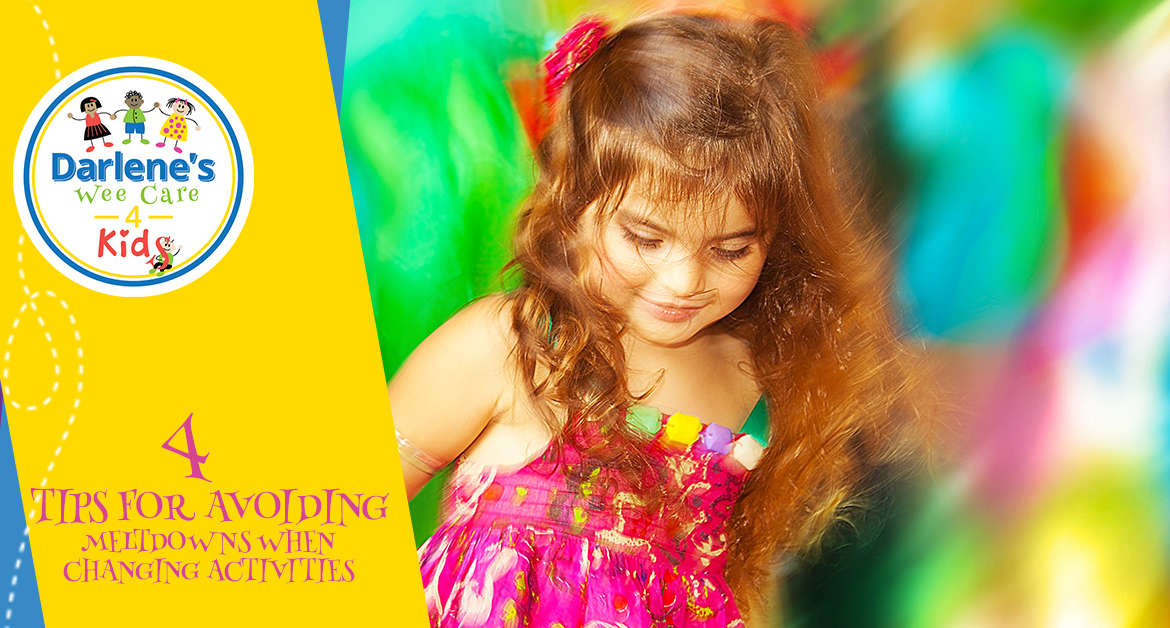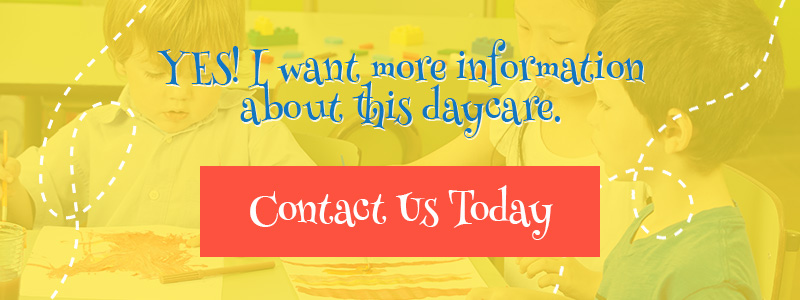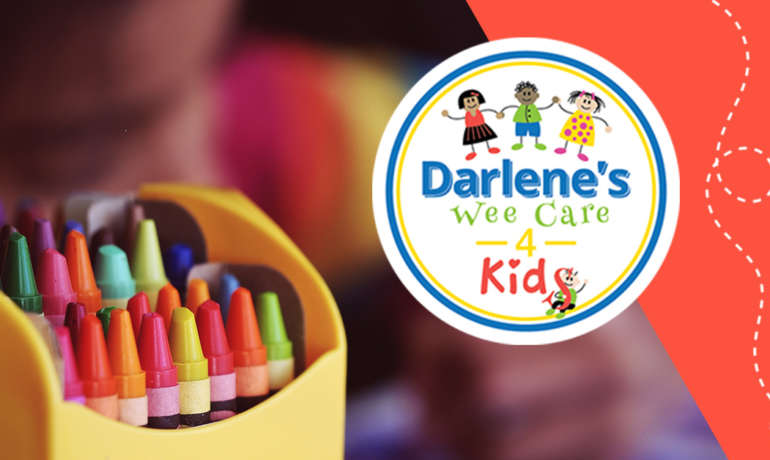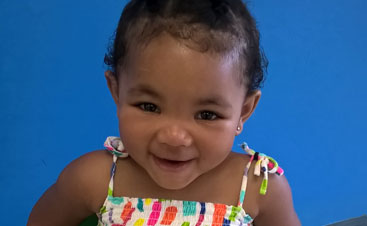Does your preschool-age child resist changing activities? Is it hard for them to stop what they’re doing and move on to the next task or activity? Many children have a hard time with this, and it’s one of the biggest causes of meltdowns. Meltdowns are no fun for you and stressful for your child. However, it’s understandable. Change is hard. Even as adults, we struggle with change. (Think back to the last time they rolled out a new procedure at work and everyone groaned.) Fortunately, there are some tips that you can use to reduce the friction in these transitions for your child.
1. Create a predictable ritual around wrapping up an activity
When it’s time to end an activity, especially if it was one that your child was having a lot of fun with, it’s no wonder that they want to hold on to that feeling of enjoyment. However, there are times in life where you simply can’t prolong an activity. If you create a predictable, structured routine that you always follow when it’s time to change from one activity to another, this can ease the transition for your child.
2. Try adding a song
One of the techniques that teachers often use to help with transitions in the classroom is to sing or play a predictable song when it’s time to end an activity. Try Barney’s clean-up song with your kids when it’s time to put away the items you’ve used for an activity:
Clean up, clean up, everybody everywhere.
Clean up, clean up, everybody do your share.
When you consistently use the same song, your kids will begin to recognize it and instantly know what they’re supposed to do. Instead of feeling disoriented about what’s happening, you can replace this with positive emotions of “I know what this is.”
3. Stay positive and cheerful about the change
You know how much your child reads your emotions and reflects that back to you. Think about when your child falls down: if you make a big deal about it, they’ll cry harder, but if you cheerfully say, “Oh! You just got a big bonk. You’re ok!” then (assuming they’re not seriously hurt) they will often get up and carry on with their play. Use the same approach when it’s time to leave the playground or wrap up an activity. Your upbeat attitude can help your kids to realize, “This is going to be ok.” This can help them to establish a positive pattern that will help them all through life.
4. Don’t let tantrums become learned behavior
Your response to the first meltdown is often the key to whether your child will try to repeat that behavior on subsequent occasions. The first meltdown may spring from their genuine sadness and disappointment at leaving an activity—but if they observe that it works to make you backpedal or prolong the activity, then the second meltdown may be simply their negotiation tactic with you. You don’t want tantrums to become a learned behavior, so stand your ground, stay positive, and lovingly direct their energy into the next activity. Once your child learns that switching between activities is ok and the next thing is going to be fun, too, you’ll have a much easier time with transitions.
Sign up for our day care in Upper Darby today
For all the moments when you can’t care for your child, Darlene’s Wee Care 4 Kids is a safe, happy place where your child will be cared for with the skill and nurture that we’d want for our own kids. Start the enrollment process today.




